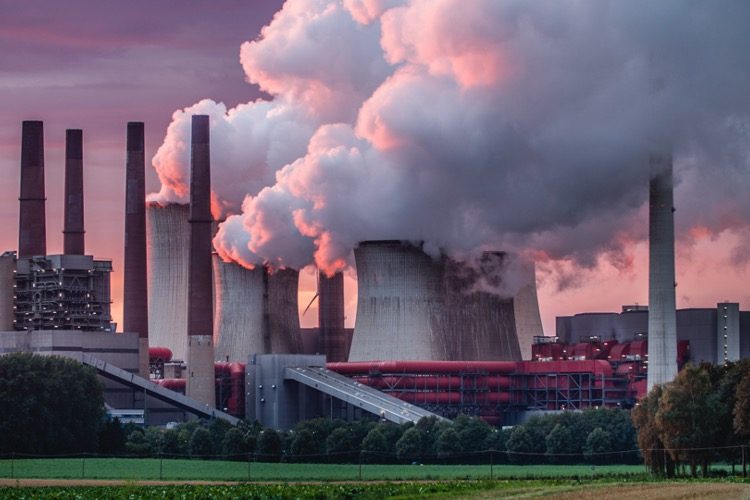
Members of the G-7 group of nations have, reportedly, come to an agreement that will see all the nations in the bloc stop operating coal-fired power plants by 2035. The G-7 nations currently include Canada, France, Germany, Italy, Japan, the United Kingdom, and the United States. The European Union (EU) is also considered a non-enumerated member of the bloc.
Some are referring to the deal as “historic,” and feel that a G-7 commitment to get off of coal power will influence other nations, such as India and China, to similarly abandon coal as a means of power generation. The announcement was made during a meeting of the bloc of nations in the Italian city of Turin.
“There is a technical agreement, we will seal the final political deal on Tuesday,” said Italian energy minister Gilberto Pichetto Fratin.
His U.K. counterpart was more effusive in announcing the agreement.
“We do have an agreement to phase out coal in the first half of the 2030s,” said Andrew Bowie of the U.K., a minister in the Department for Energy Security. “This is, by the way, a historic agreement, something that we weren’t able to achieve at COP28 in Dubai last year.”
“So, to have the G7 nations come around the table to send that signal to the world — that we, the advanced economies of the world are committed to phasing out coal by the early 2030s — is quite incredible,” Bowie added.
This news comes just days after the EPA in the United States issued controversial new emissions standards which no less than 25 states are filing suit against. According to the new EPA standards, U.S. coal-fired power plants must shut down or capture their CO2 emissions by 2035.
The G7 nation under the most pressure to do away with coal power, and quickly, is probably Japan, which currently uses coal to generate approximately 30 percent of its power. Katrine Petersen of E3G, a climate policy think tank, said that the agreement is “a major step forward in particular for Japan, as the only G7 country left without a commitment to move away from coal.”
The United States currently generates a little more than 16 percent of its power using coal.
Coal is considered by environmentalists to be the absolute worst of the fossil fuels because, in addition to producing CO2 emissions, the burning of coal emits what many claim are toxic and carcinogenic substances into the air and water.
“This is another nail in the coffin for coal,” said Dave Jones of Ember, a think tank whose mission is to accelerate the planet’s transition to so-called clean energy. “The journey to phase out coal power has been long: it’s been over seven years since the UK, France, Italy and Canada committed to phase out coal power, so it’s good to see the United States and especially Japan at last be more explicit on their intentions.”
For climate activists, coal is only the first of the fossil fuels that need to go.
“Coal might be the dirtiest, but all fossil fuels need to be ultimately phased out,” Jones added.
One thing the G-7 did not and could not address was the coal currently being used by China and India, two nations with a combined population of more than 2.8 billion people. The entire population of the G-7 nations is approximately 800 million. China has said it would slowly phase out coal in an effort to get to “net zero” emissions by 2060. India has said it plans to double its coal production by 2030.
So, it would seem that the G-7’s “historic” agreement on the use of coal power has already been offset by India and China’s plan to use coal well into the future.




